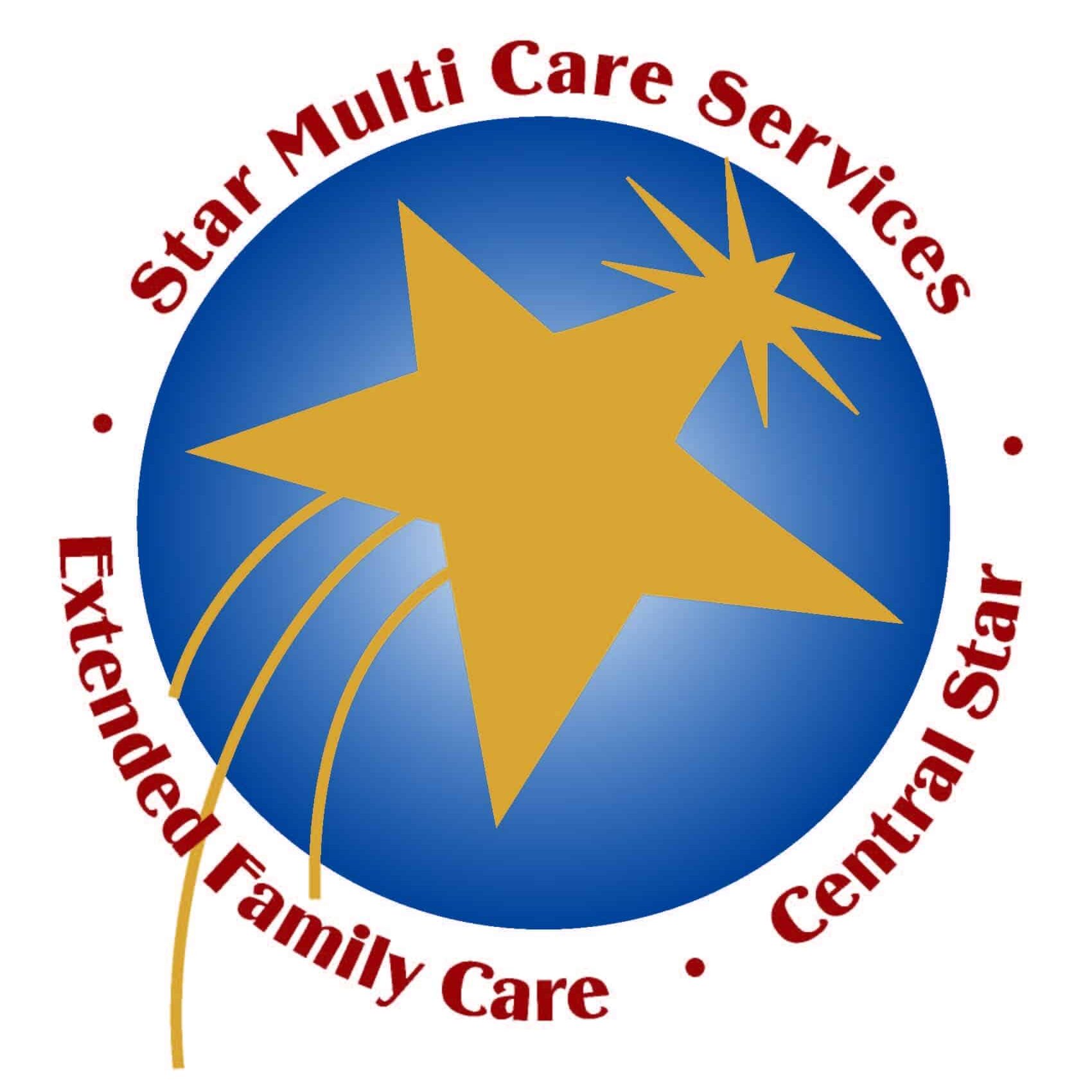What is Pneumonia?
Pneumonia is an infection that causes inflammation of the air sacs of one or both of the lungs, which may fill up with fluid or pus, causing symptoms including cough, fever, chills and trouble breathing.
It is caused by a variety of organisms including bacteria, viruses, and fungi.

Who is most at risk?
Adults that are over the age of 65 are most at risk of developing pneumonia, as well as people with underlying health problems or weakened immune systems, such as people receiving chemotherapy or taking certain medications that can suppress their immunity.
Pneumonia can quickly become a life-threatening condition in elderly people with conditions such as heart failure or other chronic lung issues. It is important for caregivers of seniors receiving home care to watch for signs in elderly people who have any of these risk factors.
How is it treated?
The way pneumonia is treated varies depending on the type of pneumonia it is, its severity, and what germ caused the infection. The most common type pf pneumonia which is community-acquired, is usually treated at home. If your loved one has home care providers, they can help with the treatment and symptom management.
Bacterial pneumonia is treated with the use of antibiotic medicines prescribed by your senior’s health care practitioner but can usually be administered at home by your seniors caregivers. They should start to make a patient feel better after one to three days.
Viral pneumonia, another type, isn’t treated with antibiotics but your senior’s doctor may prescribe antiviral medications for treatment. This type takes longer to improve the bacterial pneumonia and improvement can take one to three weeks.
The goal of treatment for pneumonia is to cure the infection and also to prevent any complications.
What are the complications?
Septic shock is a potentially fatal condition that can be caused by bacteremia which happens when bacteria from the initial place of infection spread into the blood.
Pleural effusions are the build up of fluid in between the pleura, which is a membrane that consists of two thin, large layers of tissue. This fluid can become infected, and the two layers of the pleura can become irritated and inflamed, causing sharp pain when a person breathes in. This may require having the fluid drained through a chest tube or removed via surgical intervention.
Lung obsesses are a complication that can sometimes be treated with the use of antibiotics but also may require surgery or drainage to remove the pus.
Both respiratory failure and renal failure are also potential complications of pneumonia.
If your senior parent or loved one has pneumonia, make sure their home care providers follow their treatment plan at home, help them to take all of their medicines as prescribed, and get follow-up medical care to be sure that they are healing properly.
Source:https://www.mayoclinic.org/diseases-conditions/pneumonia/symptoms-causes/syc-20354204
https://www.nhlbi.nih.gov/health-topics/pneumonia
If you or an aging loved one are in need of Home Care Services in Great Neck NY or the surrounding areas, contact the caring professionals at Star Multi Care Services today at (631)956-8835. We are the Right Choice for Home Health Care Services!
- Ways a Client Advocate Can Improve Your Loved One’s Quality of Life - April 9, 2025
- Consistency is Key to Helping Your Senior Remain Independent - April 3, 2025
- Help Your Senior Welcome Back the Birds of Spring - March 26, 2025

